- Raw Ingredients
- CO2
- Biodiversity
Protecting UK Blackcurrants and Their Growers: Sustainable Agriculture Support Program
Over 90% of UK-grown blackcurrants go into the Ribena fruit juice drink from Suntory Beverage & Food Great Britain and Ireland (SBF GB&I). Ensuring the long-term viability of growing environments is therefore a priority. Since 2004, the company has been working with blackcurrant growers to promote sustainable agriculture. Rob Saunders, an agronomist with SBF GB&I, told us more about these efforts.

Sustainable UK Blackcurrant Farming: Six Point Plan Supports Growers
We’re passionate about our blackcurrant heritage at SBF GB&I. We view our community of growers as an extension of the Suntory family, and meet with them regularly to discuss new challenges. As part of these efforts, we have been helping them conserve habitats on their farms since 2004. We realized that a perennial crop like blackcurrants provides opportunities for enhancing farmland habitats in a long-term way that is not easily matched in an annual cropping context.

Blackcurrants up close
Our blackcurrant grower support program took a major step forward in 2018, when we embarked on a partnership with the Farming & Wildlife Advisory Group (FWAG). This allowed us to send specialist conservation advisors to all 34 of our farm locations to validate that our Six Point Plan for biodiversity preservation was fully adopted. The Six Point Plan aims to promote, and verify the effectiveness of, environmental measures across blackcurrant farms to support sustainable blackcurrant production.
Six Point Plan for Enhancing Biodiversity
-
1)Hedgerows: managed to create a rich network of boundaries abundant with blossom and fruit.
-
2)Rough grass buffers: to protect adjoining features and provide a habitat for insects, birds and small mammals.
-
3)Green headlands: to protect soils and provide pollen and nectar.
-
4)Farmland birds: at least one nest box installed per hectare of blackcurrants grown, minimum of 10% monitored annually.
-
5)Pollen and nectar: maintain an area equivalent to 5% of the blackcurrant area, providing pollen and nectar sources for insects.
-
6)Mature trees: buffered from field operations and root damage.

The plan has inspired farmers to install over 2,000 nest boxes across their farms and they have sown the equivalent of 116 rugby pitches with specific pollen and nectar seed mixes to encourage pollinating insects, great for wildlife and producing juicy blackcurrants.
Disseminating Best Practices to All Suntory-Family Blackcurrant Farmers
In addition to a detailed Six Point Plan report, technical specialists gave specific advice to growers on how to support local species and habitats. As with anything, introducing new practices and ways of working can require time to really take root as a day-to-day way of working. Still, our growers are already passionate about sustainability, and this has enabled the support program to take root smoothly. I also think this is because our growers realize that biodiversity considerations are the key to sustainable farming practices that will ensure continued future blackcurrant production.
We’re really lucky to work with such an amazing group of growers who are all passionate about sustainability. We can learn a lot from their cutting-edge sustainable farming practices through the Six Point Plan. We believe that the fruits of these best practices can be shared with a larger group of farmers for even broader benefits.

Blackcurrant harvesting machinery
Making the Six Point Plan a Blueprint for Sustainable Agriculture
We’re incredibly proud of the progress made over the last five years with the help of FWAG. We also recognize that our work builds on what has gone before and doesn’t end here. We will continue to evolve our Six Point Plan to support blackcurrant growers and ensure it remains fit for purpose and is based on the latest science.

A blackcurrant farm in North Norfolk during the harvest
In addition, we hope the principles and learnings developed could help lead to a step change in sustainable production, not just for blackcurrants but for many other crops well into the future, creating a blueprint that could support other growers on their sustainability journey. We are also developing some local project hubs to bring together our growers managing similar habitats to target specific local challenges around habitat restoration or re-establishment of vulnerable species, or wider topics such as water quality in specific catchments. Working with relevant charities, researchers, and scientists, we plan to track and monitor our progress in order to be sure we are making a positive difference.
We believe that enhancing wildlife environments will increase the environmental sustainability of blackcurrant production in the UK. These efforts will not only improve how our blackcurrant farms interact with the natural environment surrounding them, but boost the prosperity of our local farming communities, enabling us to go on producing delicious beverages for years to come.
Latest Stories
-

- Enriching Life
- Water
- Raw Ingredients
- Packaging
April 17, 2025
Suntory’s Commitment to “Designing Future Society for Our Lives”: Encouraging New Realizations through Exciting New Experiences at Expo 2025
View More -

March 31, 2025
The Suntory Sign Brings Smiles and a Sense of Unity
View More -
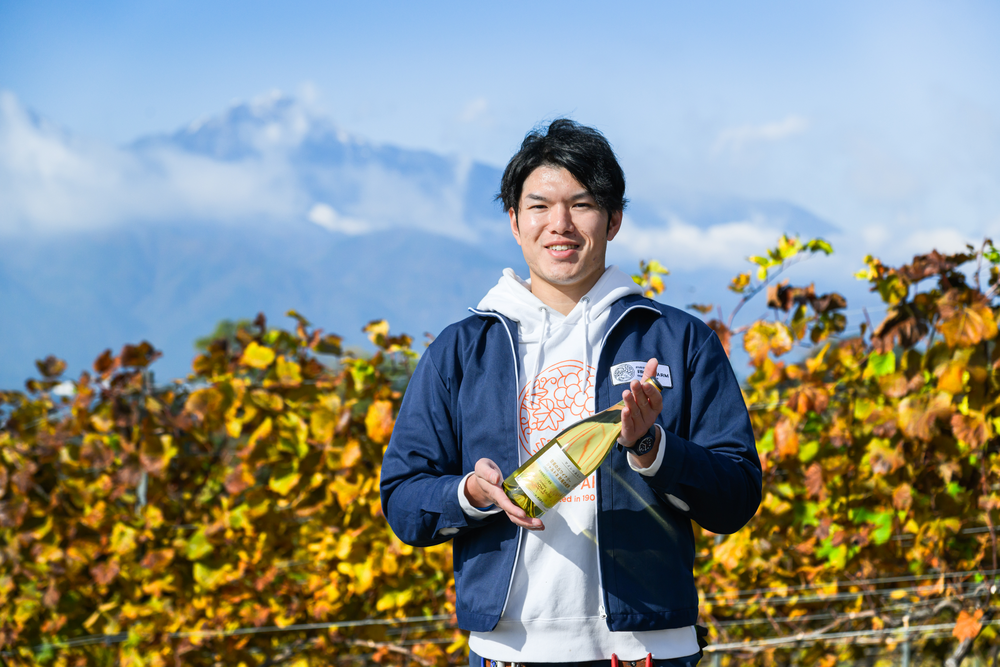
- Climate Change
- Raw Ingredients
Februaly 28, 2025
Shaping the Future of Japanese Wine: Secondary Induced Shoot Cultivation Delivers Delicious Grapes in an Era of Climate Change
View More -
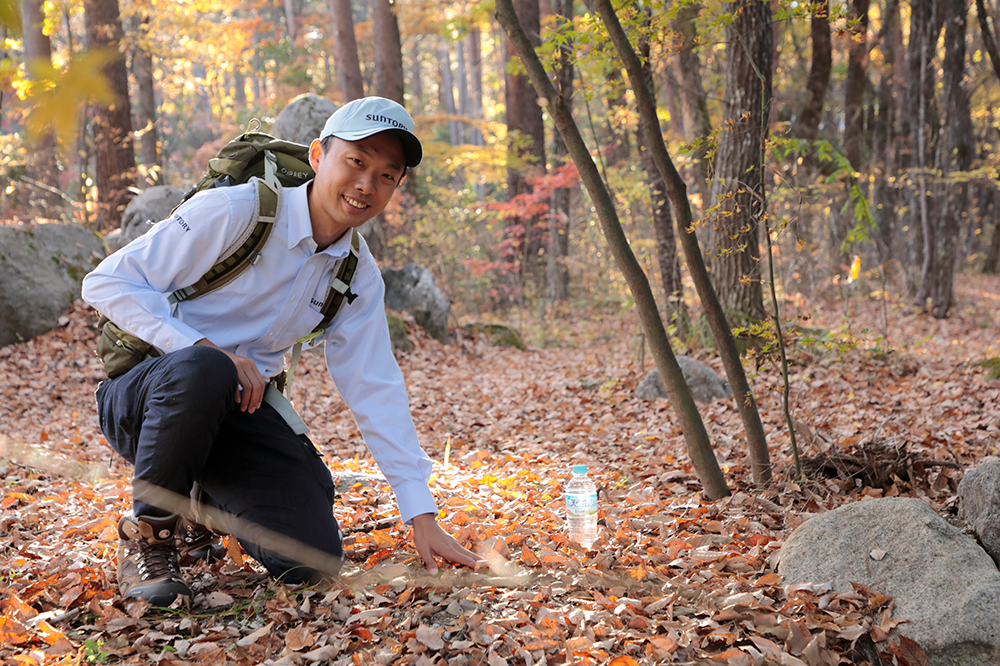
- Water
- Climate Change
Janualy 31, 2025
Bequeathing Water to Future Generations and Conveying Its Importance through Mizuiku, Suntory’s Education Program for Nature and Water
View More -
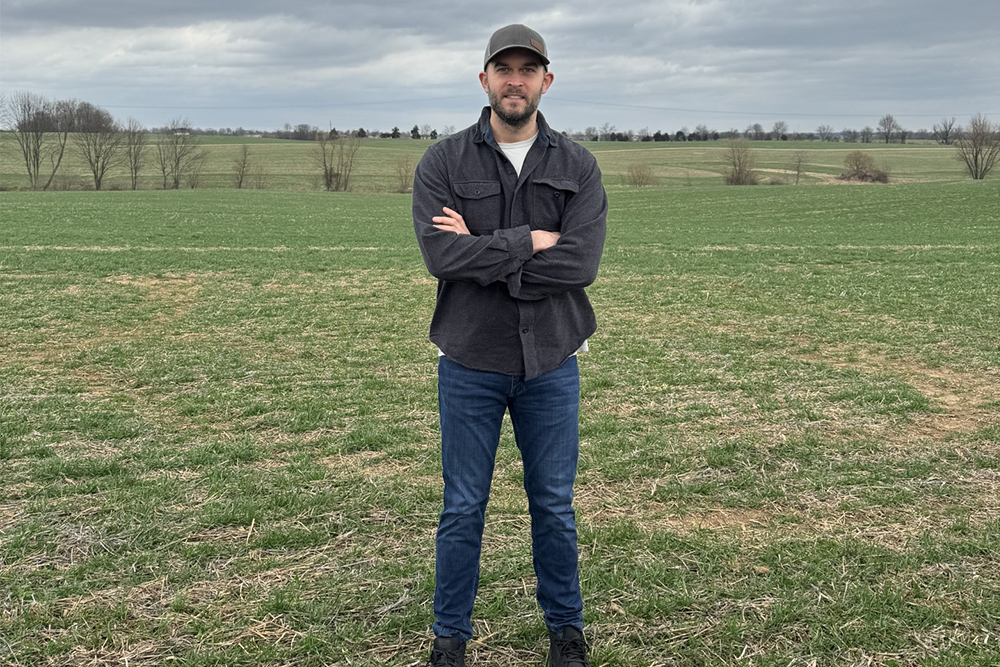
- Climate Change
- Raw Ingredients
December 25, 2024
Saving the Planet with Agriculture:Collaborating with Farmers to Pioneer Regenerative Agriculture
View More -
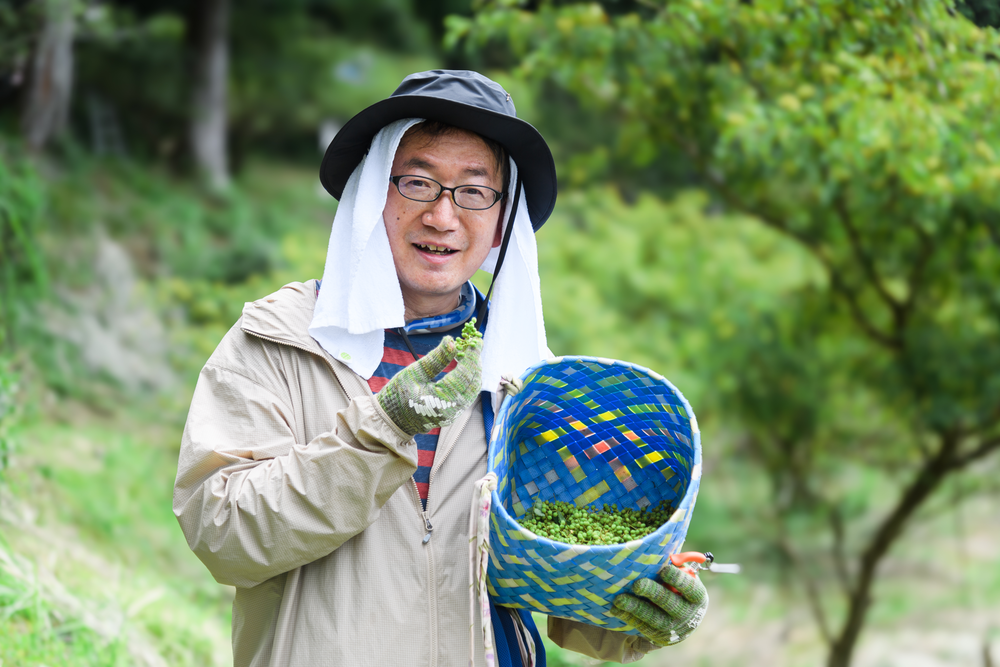
- Climate Change
- Raw Ingredients
October 11, 2024
The Key for Domestically Producing Sustainable Botanical Raw Materials: Glocal Branding
View More -
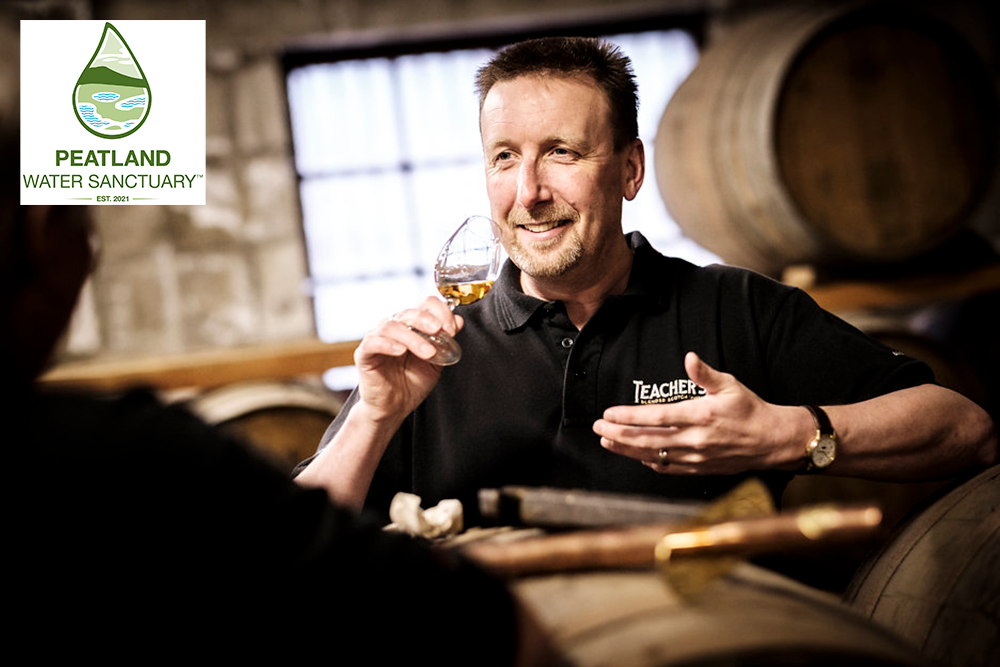
- Water
- Climate Change
- Raw Ingredients
June 7, 2024
The Peatland Water Sanctuary™ Initiative: For Peat, an Important Ingredient in Whisky, and for the Future of the Planet
View More -

- Enriching Life
April 30, 2024
Enhancing the Foundation of Parasports with the Suntory Challenged Sports Project
View More -

- Human Rights
- Packaging
- Climate Change
April 30, 2024
In 2024 We Are Launching an Overseas Training Program for All Second-Year New-Graduate Hires!
View More -

- Raw Ingredients
- CO2
- Biodiversity
November 30, 2023
Protecting UK Blackcurrants and Their Growers: Sustainable Agriculture Support Program
View More -

- Human Rights
September 29, 2023
Being the Best Company for Employees with Disabilities to Shine
View More -

- Water
July 31, 2023
Suntory Mizuiku – Education Program for Nature and Water Expands Globally: Stories from Asia
View More -

- Health
June 29, 2023
New DRINK SMART Ambassador Program: Internal Certification to Deliver the DRINK SMART Message to More Customers
View More -

- Raw Ingredients
- CO2
June 29, 2023
Circular Agriculture Initiatives at Tominooka Winery in Japan (Part 2)
View More -

- Biodiversity
May 10, 2023
Suntory Bird Conservation Activities Are Turning 50: A Look at the Past and the Future (Part 2)
View More -

- Raw Ingredients
- CO2
April 27, 2023
Circular Agriculture Initiatives at Tominooka Winery in Japan (Part 1)
View More -

- Health
April 27, 2023
Creating “Friends for Moderate Consumption,” a Campaign Character to Promote Responsible Drinking
View More -

- Packaging
April 27, 2023
B to B Recycling: Creating New PET Bottles from Used Bottles
View More -

- Human Rights
April 27, 2023
SUN-co-NEsT, An Online Community Aiming to Balance Work and Parenting
View More -

- Biodiversity
April 27, 2023
Suntory Bird Conservation Activities Are Turning 50: A Look at the Past and the Future (Part 1)
View More -

- Water
- Biodiversity
April 27, 2023
Protecting the Forests That Nurture Abundant Water: Suntory Natural Water Sanctuary Initiative
View More
